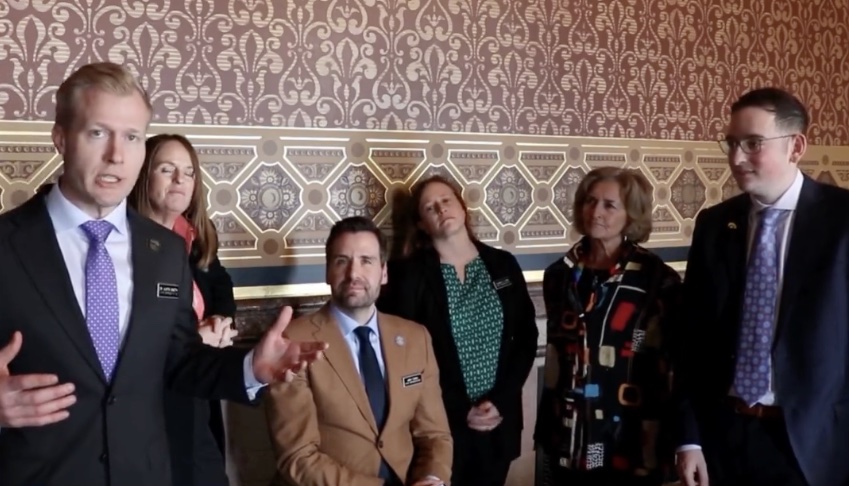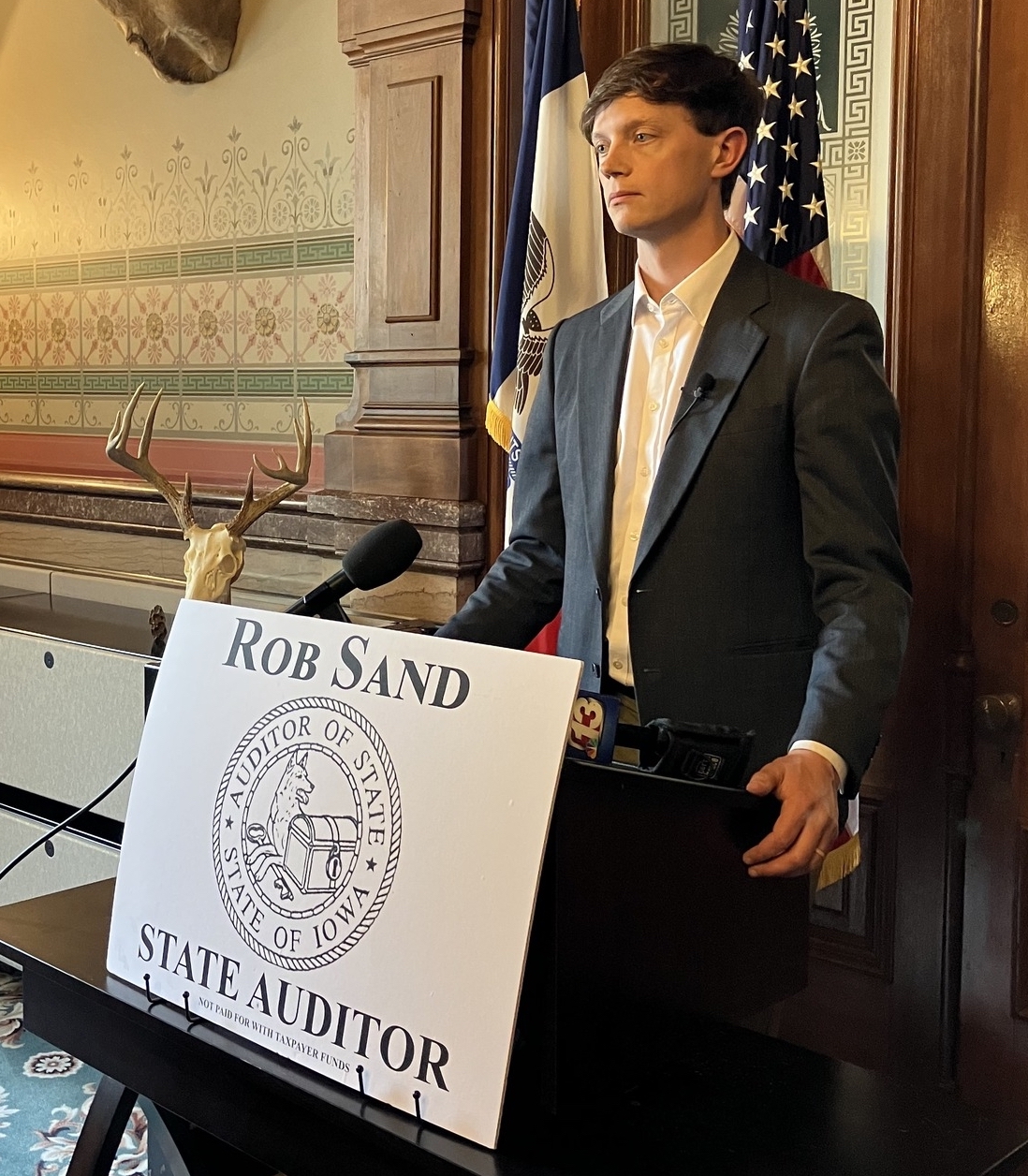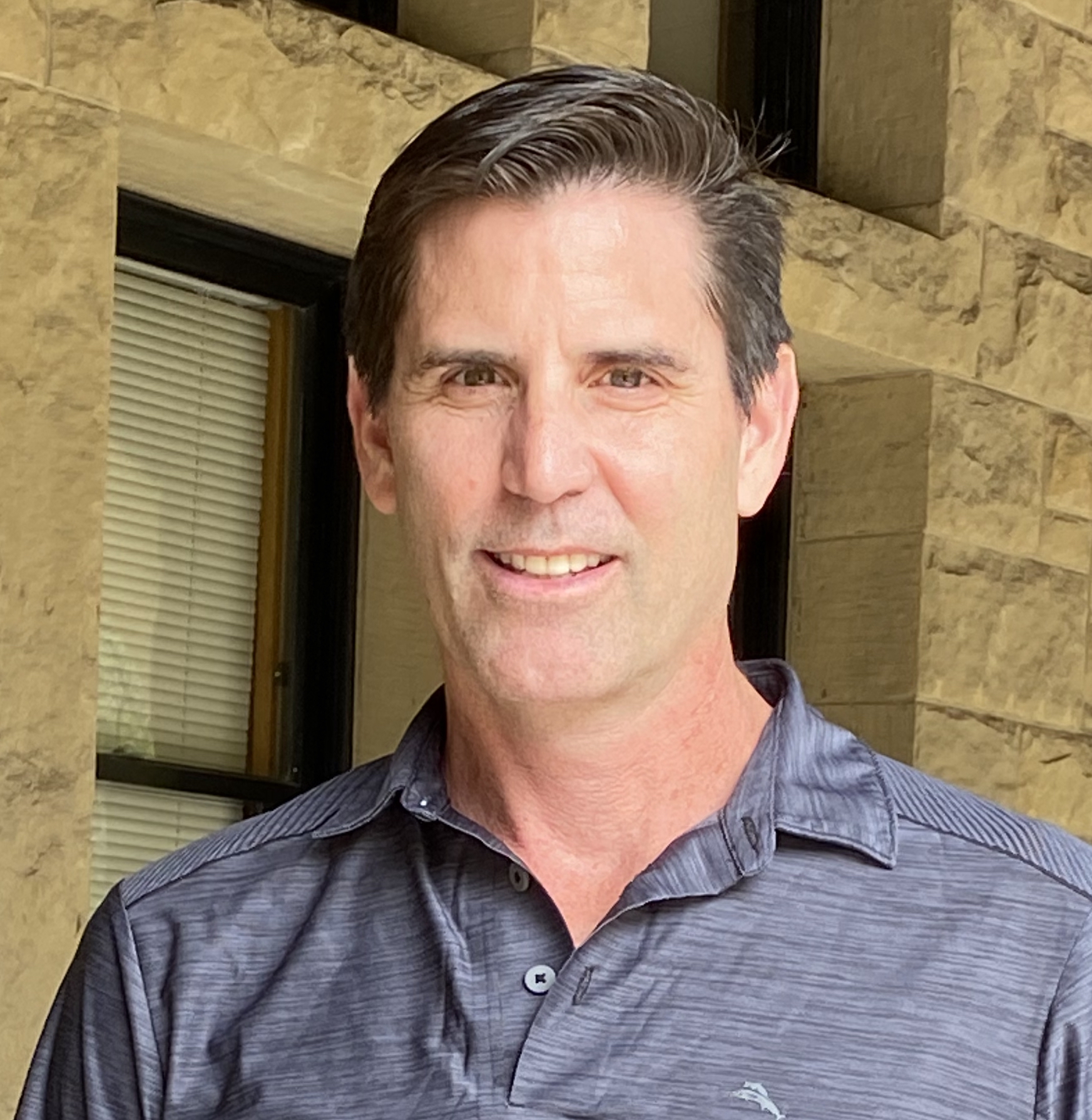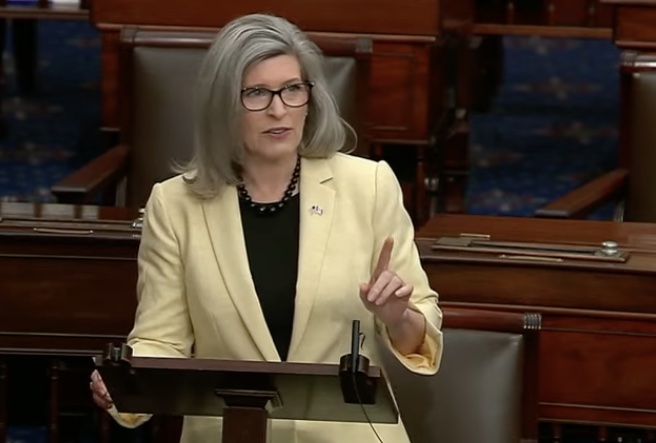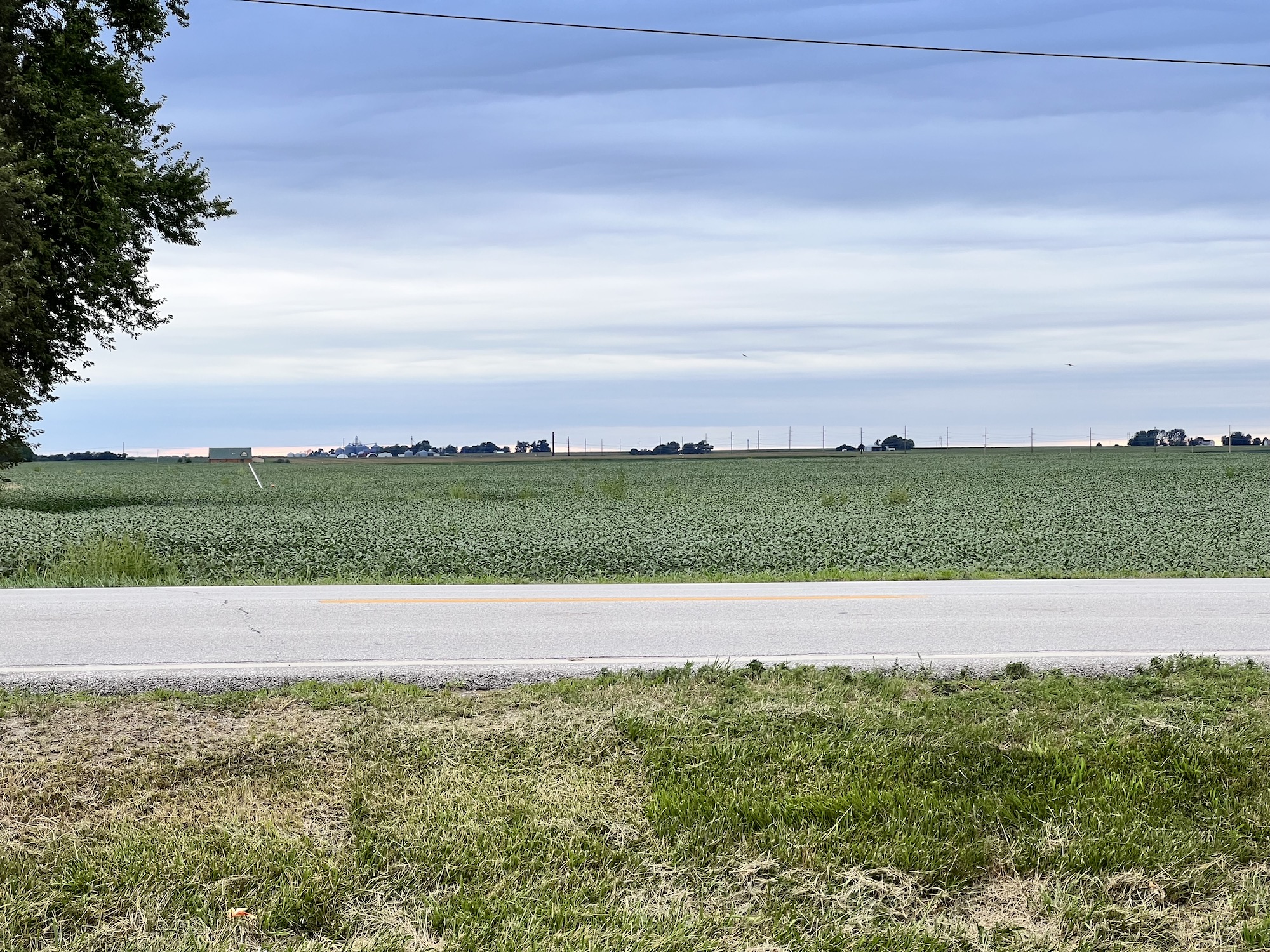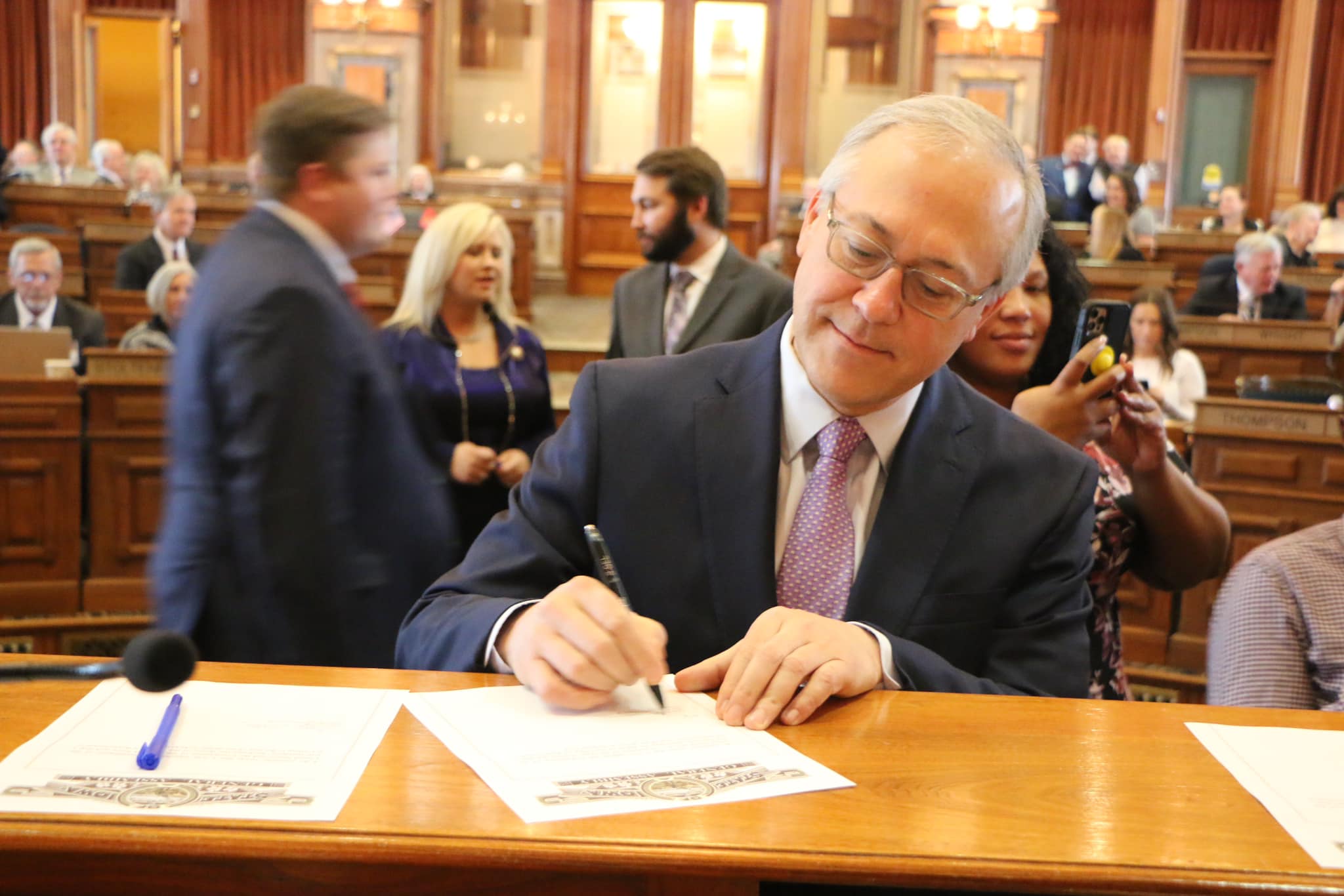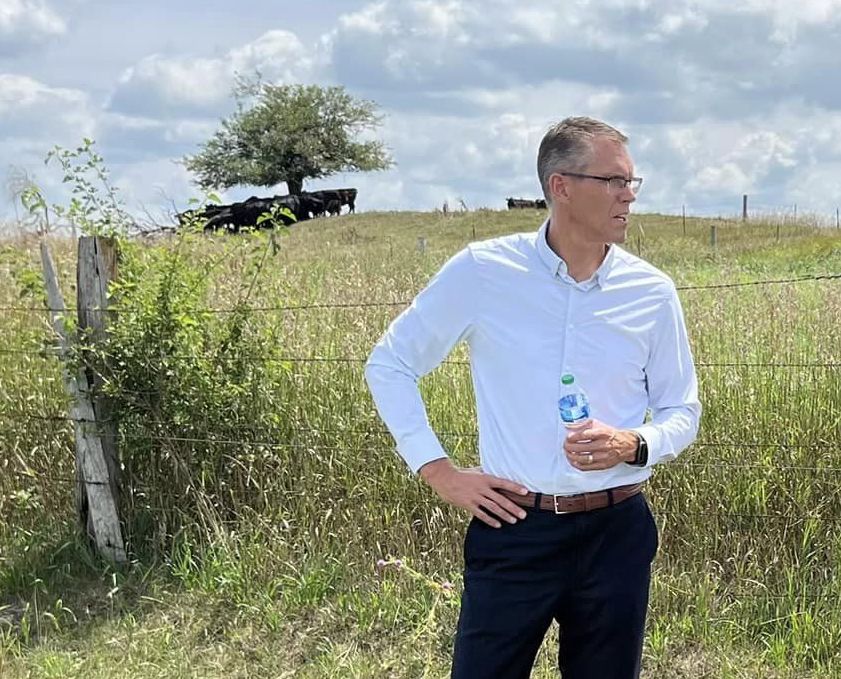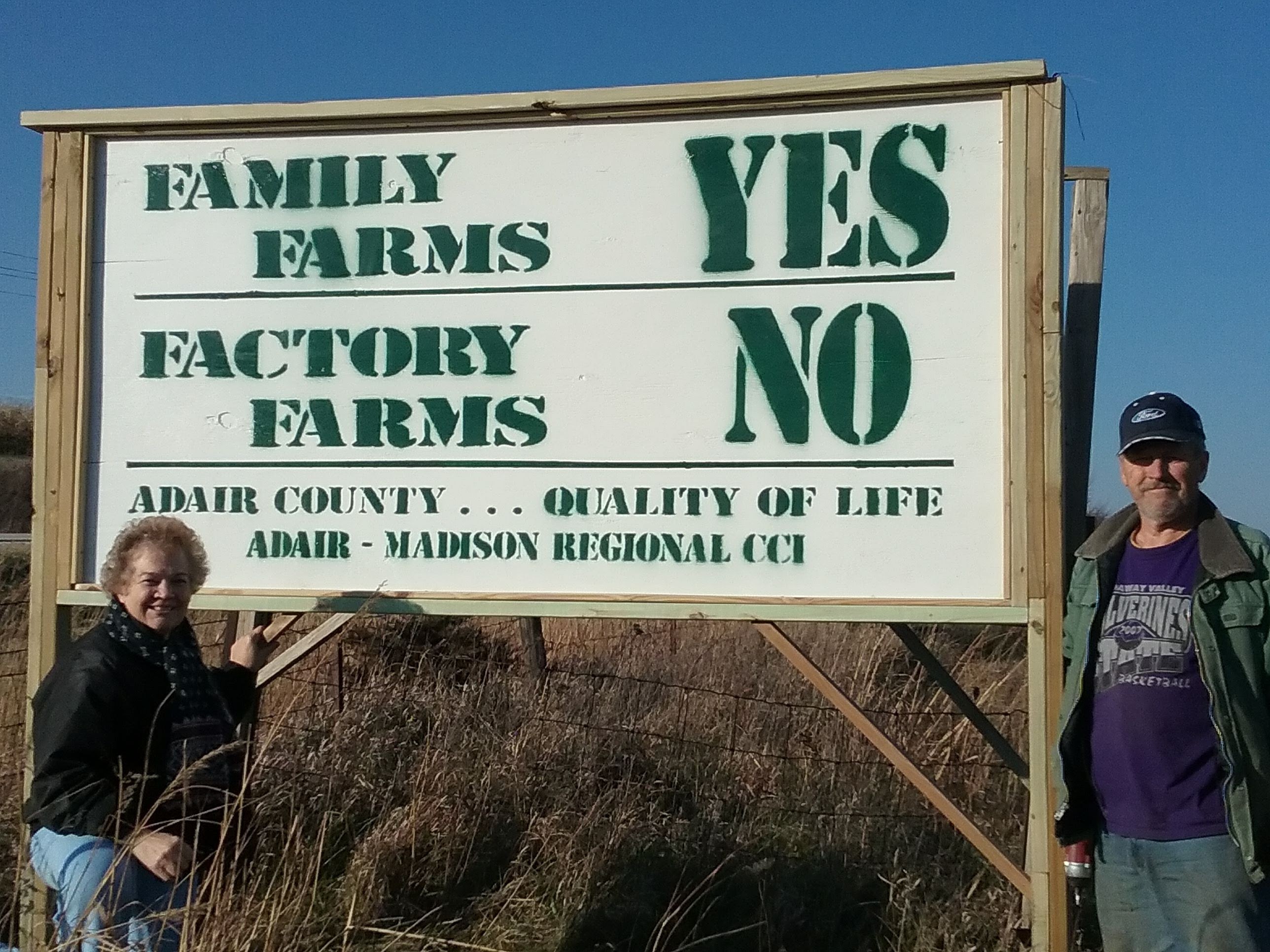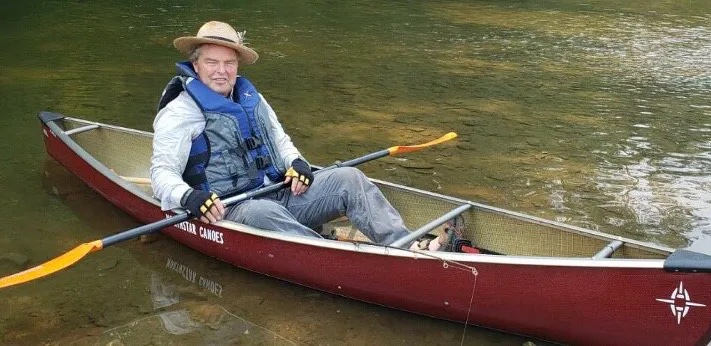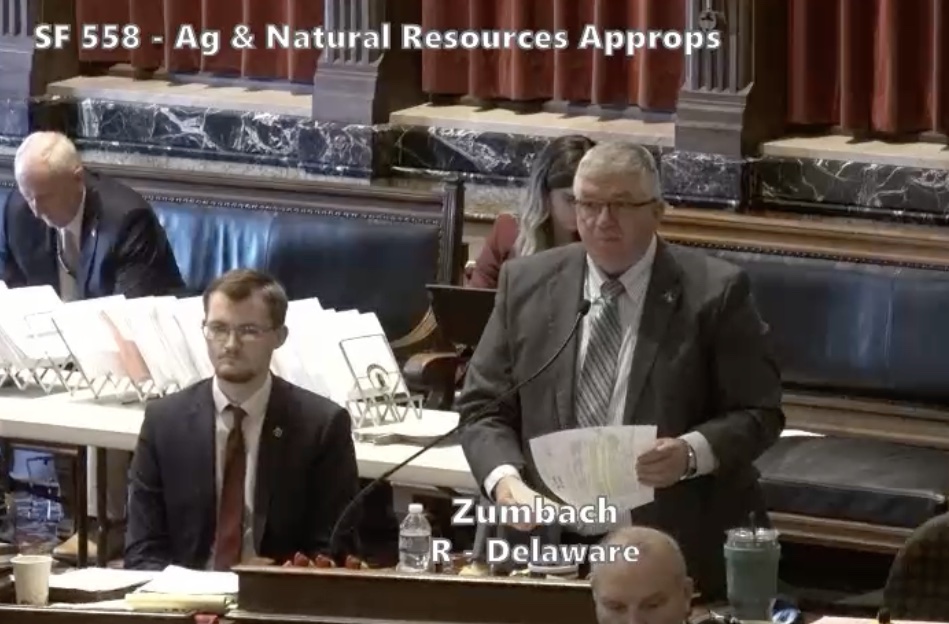Diane Rosenberg is executive director of Jefferson County Farmers & Neighbors, where this commentary first appeared.
Rules and regulations need to be clear, orderly, and in one place so they can be completely understood and followed. This is especially true of those focused on concentrated animal feeding operations (CAFOs) as they impact the public health of 3.19 million Iowans and water quality of 70,297 miles of rivers and streams.
However, Chapter 65, the Iowa administrative code that regulates CAFOs, is becoming weaker, confusing, and more difficult to use under the dictates of Governor Kim Reynolds’ Executive Order Number Ten. Rather than have all pertinent information in one place, the executive order will fragment Chapter 65’s essential information and scatter it in several locations online and in offices around the state.
Executive Order Ten, dubbed “The Red Tape Review”, directs all agencies to reduce the number of words throughout the state’s entire code, eliminating language deemed unnecessary, redundant, or even too restrictive. Users will now have to search for specific Iowa statutes to completely understand and comply with CAFO rules and regulations. In the case of Chapter 65, some of the missing information will now be housed on the DNR’s website or obtained from a field office. Both environmental organizations and industry groups oppose this change.
The order requires agencies to develop a cost-benefit analysis for all the rules and regulations. We have serious concerns about how the CAFO industry’s financial interests may dominate public health and the environmental protections. The order also stipulates no new rules can be made more stringent than what is already in the code. Most CAFO regulations are anything but stringent and should be strengthened.
Continue Reading...







